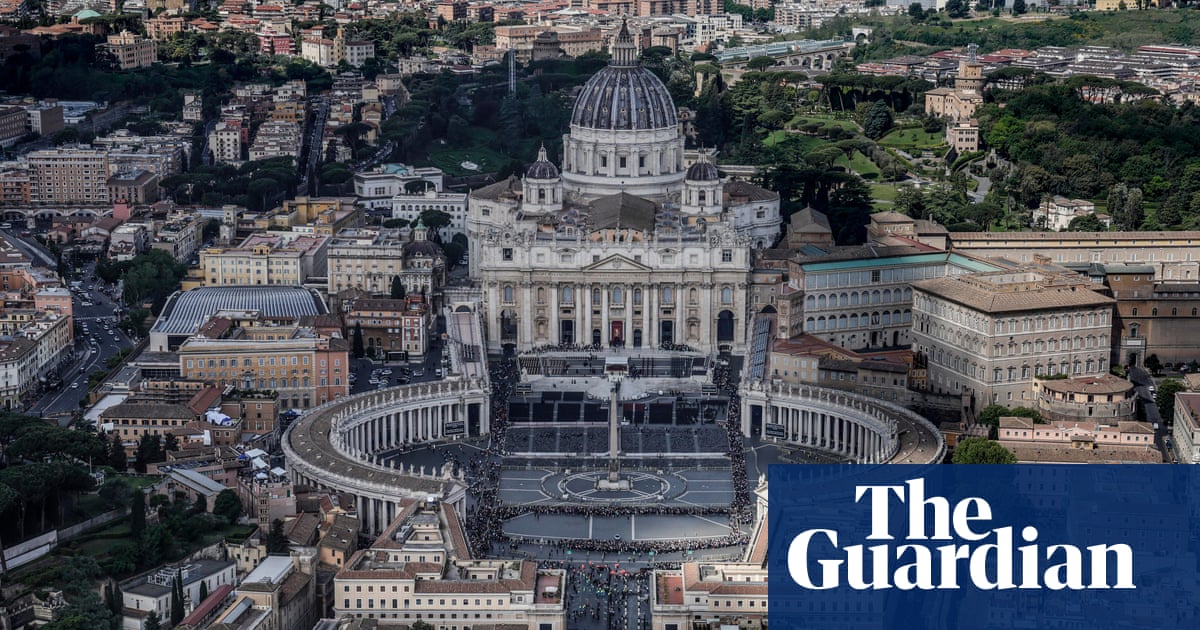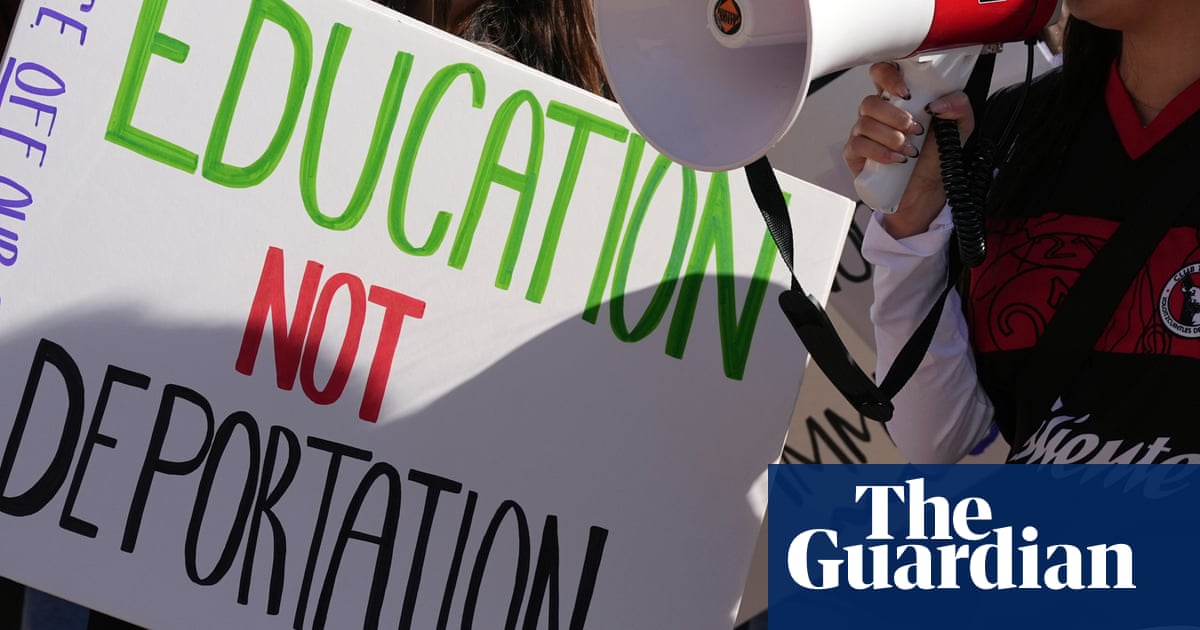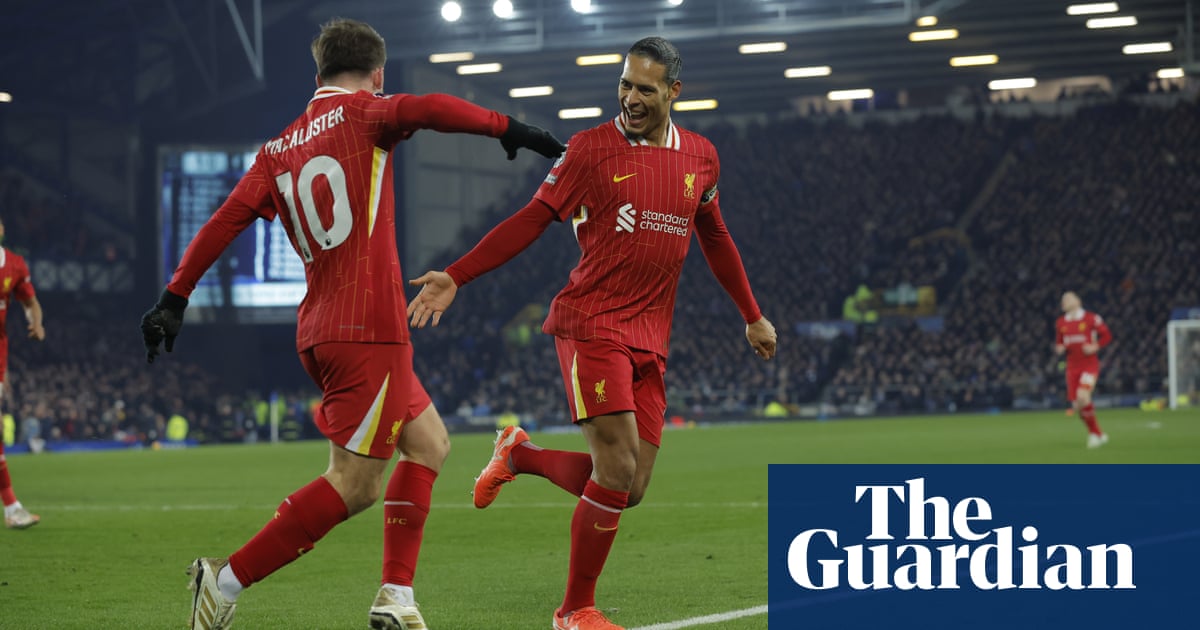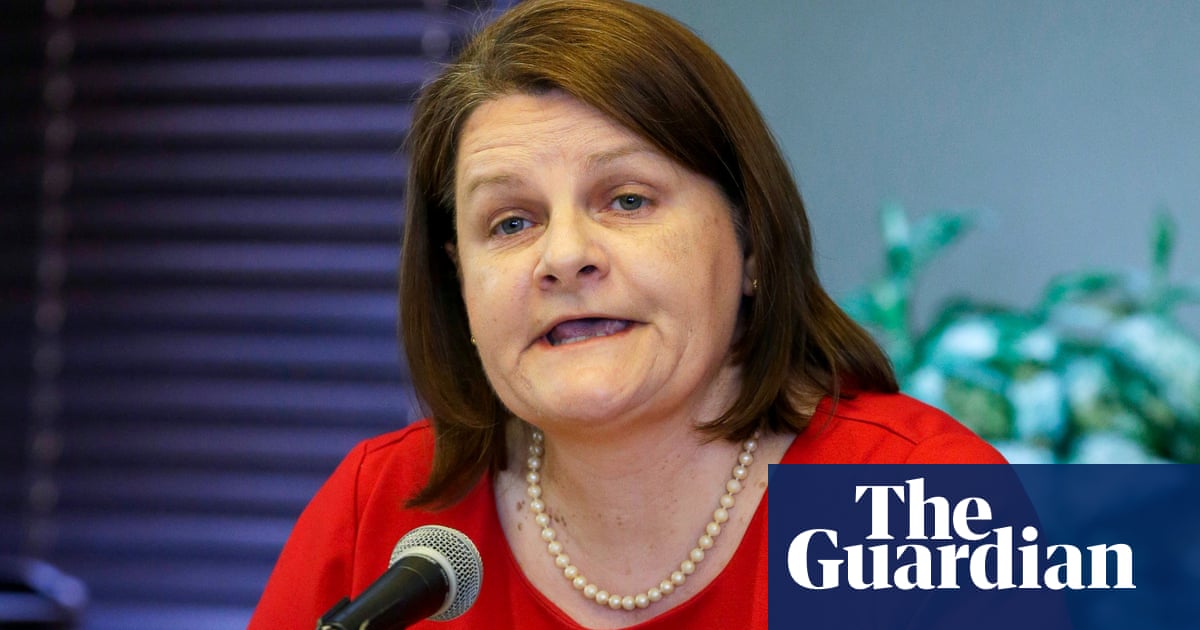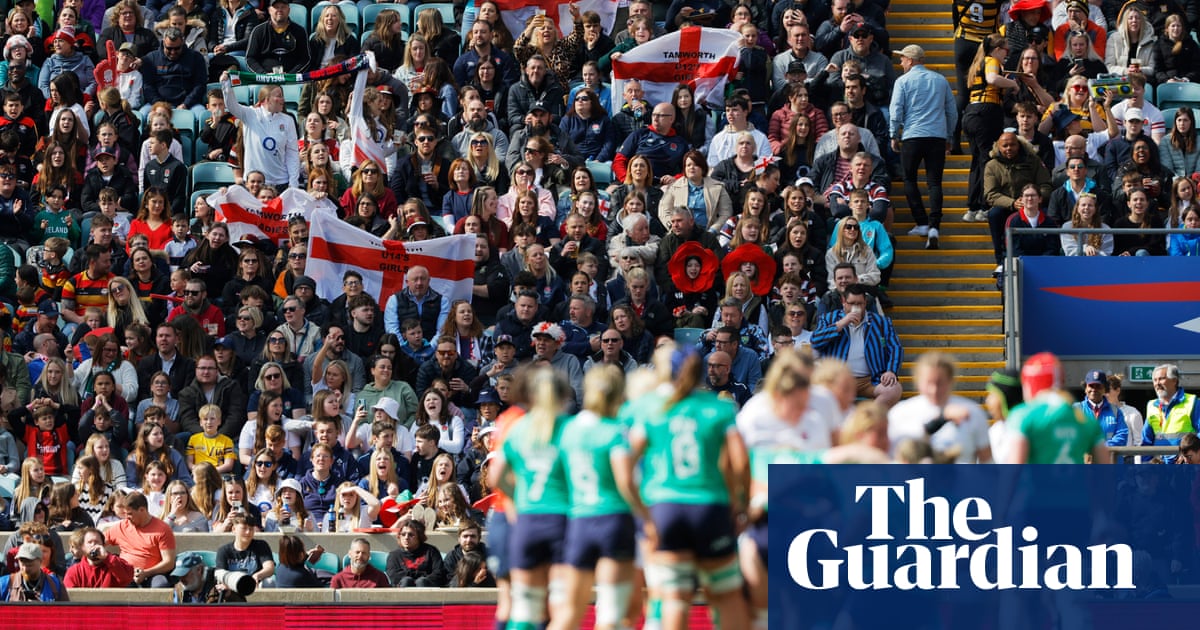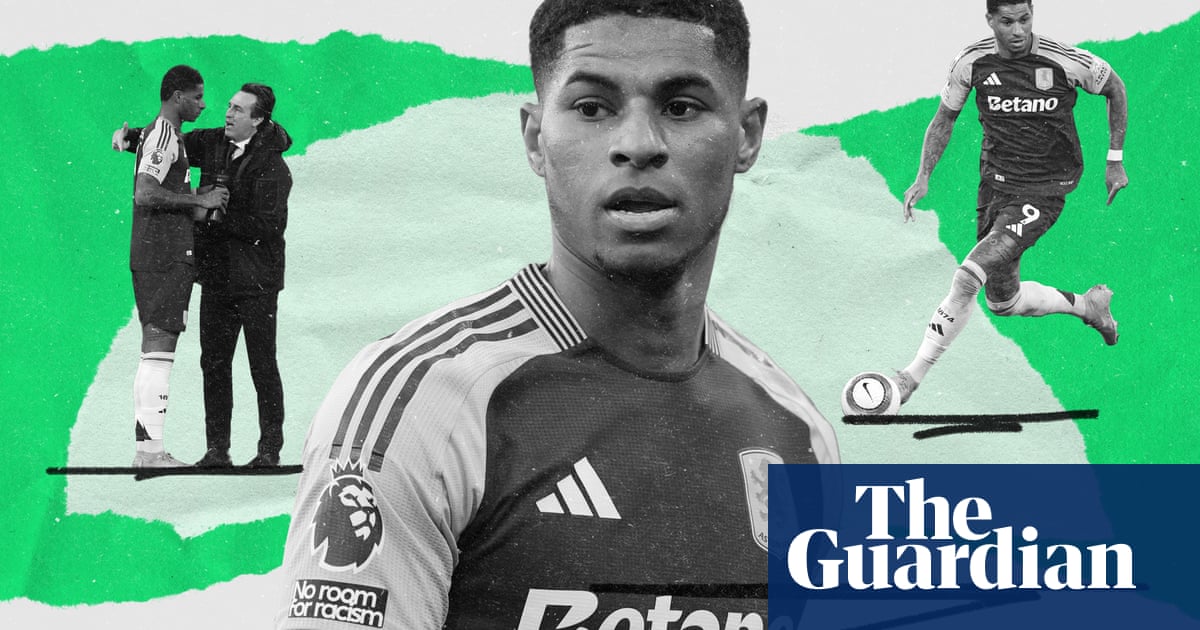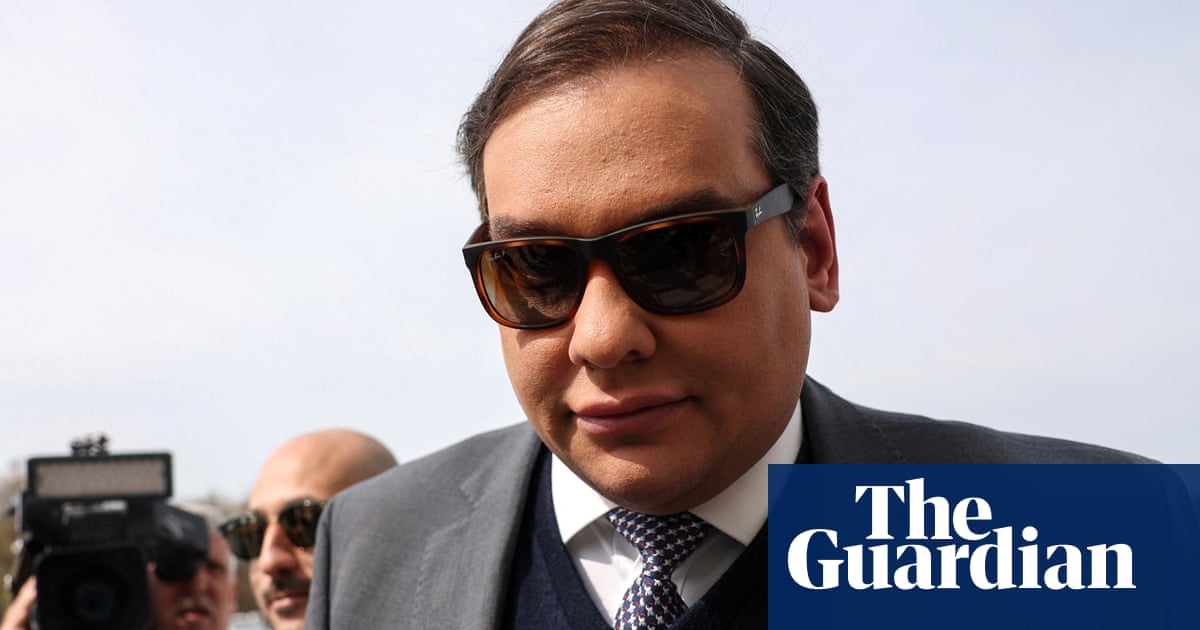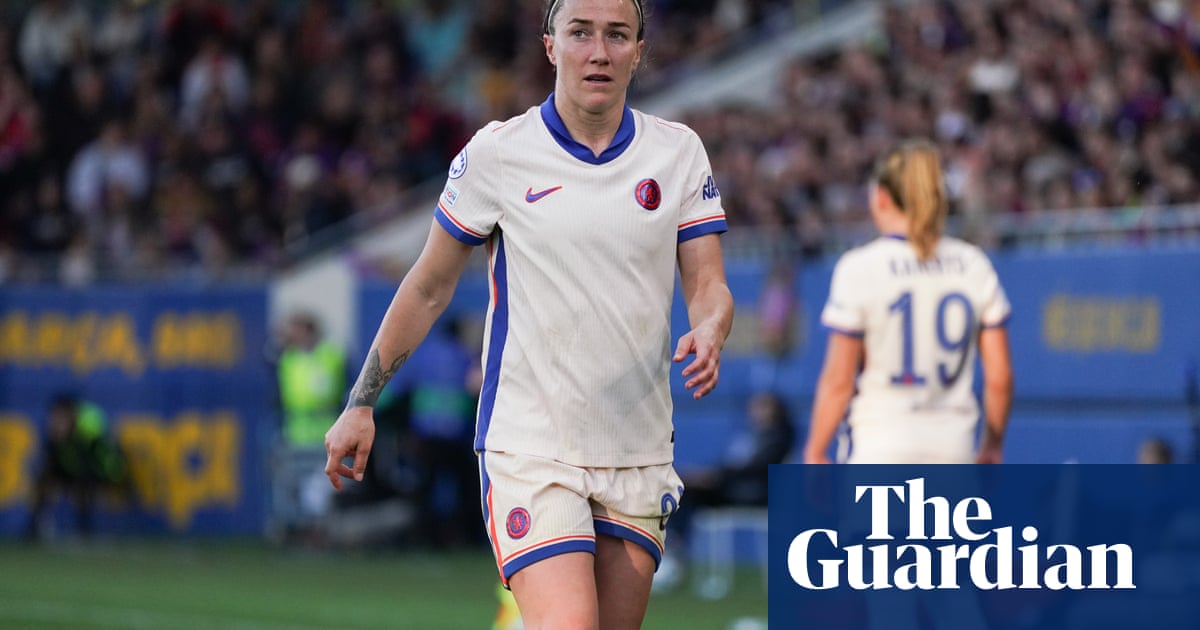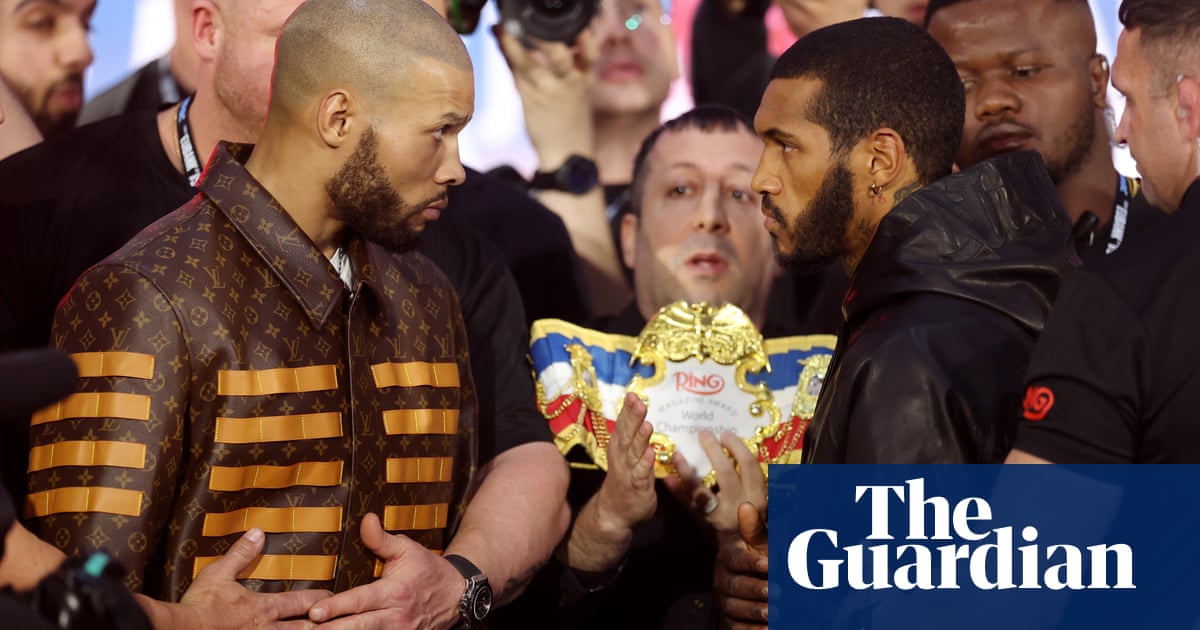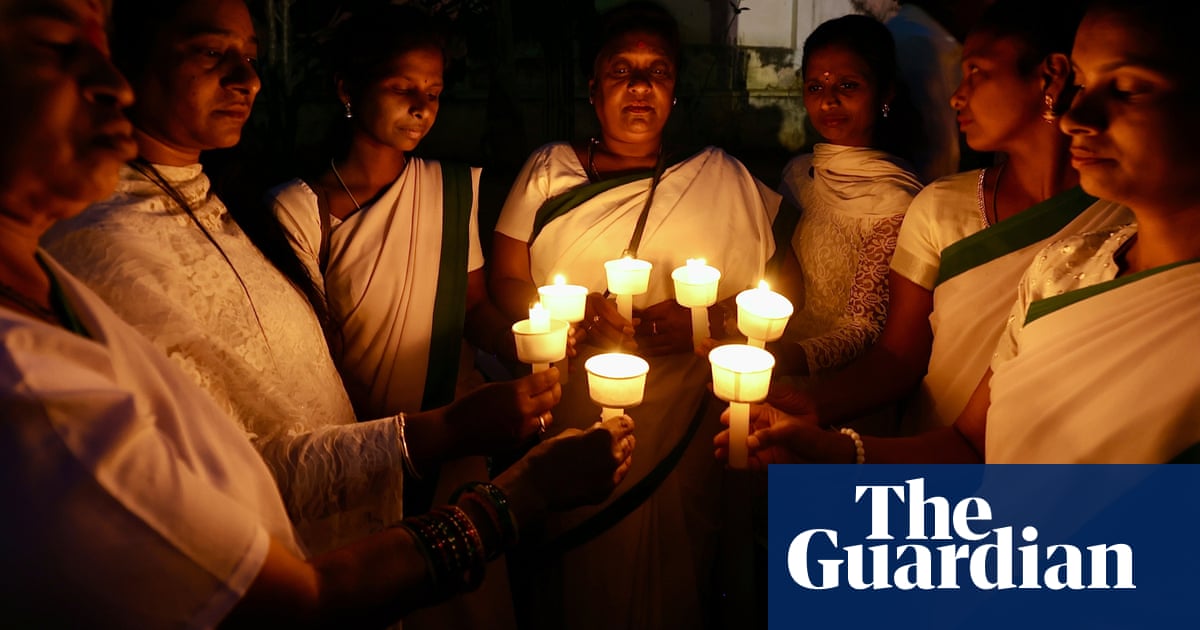This is not 2015-16, when Leicester City won the league, but this season does share certain similarities. After 22 games of that season, Arsenal topped the table on goal difference from Leicester with Manchester City a point back and Tottenham four behind them. It was the following weekend that Leicester began to take control of the league, as they beat Stoke, Manchester City drew at West Ham and Arsenal lost at home to Chelsea. Wins over Manchester City and Liverpool in their following two games consolidated a lead that they never surrendered.
It’s not to diminish Leicester’s achievement to point out that they benefited from a number of elite sides having disappointing seasons: Arsenal came second with only 71 points. The theory then was that the general wealth of the Premier League – the fact that, to use Deloitte’s figures from 2024, Aston Villa, Brighton, Fulham, Leeds, Crystal Palace and Everton are among the 30 wealthiest clubs in the world by revenue – meant that the elite were facing too consistent a challenge for 85-plus points in a season to be a viable target every year. A flourishing middle class, the thought ran, had helped equalise the league, at least at its top end.
As it turned out, Leicester’s success jolted the bigger clubs into action. They had won the league with 81 points: since then no side has won it with fewer than 86. Only twice since have the champions taken fewer than 90. In 2017-18, City got 100 points. The following season, Liverpool got 97 points, lost only one game and still finished second. Which is to say that it’s wise not to reach conclusions that are too sweeping on the basis of one season. But this does feel a little like nine years ago.
The big difference, the reason Nottingham Forest are unlikely to do a Leicester, is that Liverpool, despite their lack of investment over the summer, have a six-point lead over Forest and Arsenal with a game in hand. They haven’t been perfect this season, and had dropped points in four of their previous seven games, but they’ve developed a happy habit of nicking draws from games they might have lost and wins from games they might have drawn. Saturday was a case in point as Darwin Núñez scored twice in injury-time to break down a dogged Brentford.
Arsenal, meanwhile, have the reverse habit and, as they had against both Everton and Fulham, drew a game they should have won, carelessly giving up a 2-0 lead at home to Aston Villa. They’re on course for 76 points, which would be their lowest tally in four seasons. With Manchester City, Manchester United and Tottenham all enduring unexpectedly poor seasons, Chelsea not quite yet finding coherence amid their vast squad and Villa struggling to manage the twin demands of domestic competition and Europe, the stories of this season have been those of the Premier League’s middle ranks.
Forest, obviously, have stood out, cheerily upsetting more lauded opponents by playing without the ball as Chris Wood enjoys the season of his life. Champions League qualification now looks a distinct possibility. Brighton have come through a slightly sticky spell – in part occasioned by the worst injury crisis in the league – to follow up victory at Ipswich with a win at Old Trafford on Sunday. But perhaps most impressive of all have been Bournemouth.
They’re in the middle of an injury crisis of their own, so bad that their bench at Newcastle on Sunday totalled 39 Premier League appearances between them, 23 of those from reserve goalkeeper Mark Travers. Yet still they outplayed a weary Newcastle, hammering them 4-1. The main concern at the start of the season was how they would cope after the sale of the centre-forward Dominic Solanke, but Evanilson settled immediately. He has broken a bone in his foot and Dango Ouattara, more usually a wide player, has deputised magnificently. Antoine Semenyo is a constant threat from wide, but the key on Saturday was Justin Kluivert, who helped himself to his second hat-trick of the season.
At the back Dean Huijsen and Milos Kerkez have been exceptional. Bournemouth recruit well and, in Andoni Iraola, have a manager who seems to have improved every single player in the squad with his controlled pressing. Bournemouth have joined Brighton and Brentford as examples for every non-elite club: recruit smartly, play to a system and reap the benefits – in Brighton’s case leading to significant expenditure last summer, reinvesting their record profits.
Whether that means that the days of 95+ points being needed to win the league are over is another matter. For now it’s enough to say that an unusual number of teams in the Premier League are competitive and fun to watch and, even if the top end is not quite at the level it has been, that has to be good for the league as a whole.
after newsletter promotion
On this day

Garrincha stands alongside Pelé as one of the two most beloved players in Brazilian history. He was the star of the 1962 World Cup and when the two played together Brazil never lost. But where Pelé handled celebrity relatively well, Garrincha was unworldly. Many of the legends about him were exaggerations or falsehoods – he did not, for instance, think a radio he bought in Sweden would operate only in Swedish – but equally his life was impossibly chaotic. When a journalist, hearing he was suffering financial problems, visited him in the village of Pau Grande, he found notes in an array of currencies stuffed into drawers and fruit bowls, some of it rotting and some of it no longer legal tender. Yet there was still around $250,000 in today’s money.
He was a brilliant, instinctive player, the bowed legs that he had from birth making it almost impossible for defenders to read his feints. But he struggled desperately with alcoholism. He killed his mother-in-law while drink-driving and later attacked his wife, the singer Elza Soares, in a drunken rage. Feeling unwell after a drinking binge aged 49, he admitted himself to hospital, slipped in a coma and died the following day, 20 January 1983.
-
This is an extract from Soccer with Jonathan Wilson, a weekly look from the Guardian US at the game in Europe and beyond. Subscribe for free here. Have a question for Jonathan? Email [email protected], and he’ll answer the best in a future edition

.png) 3 months ago
35
3 months ago
35


